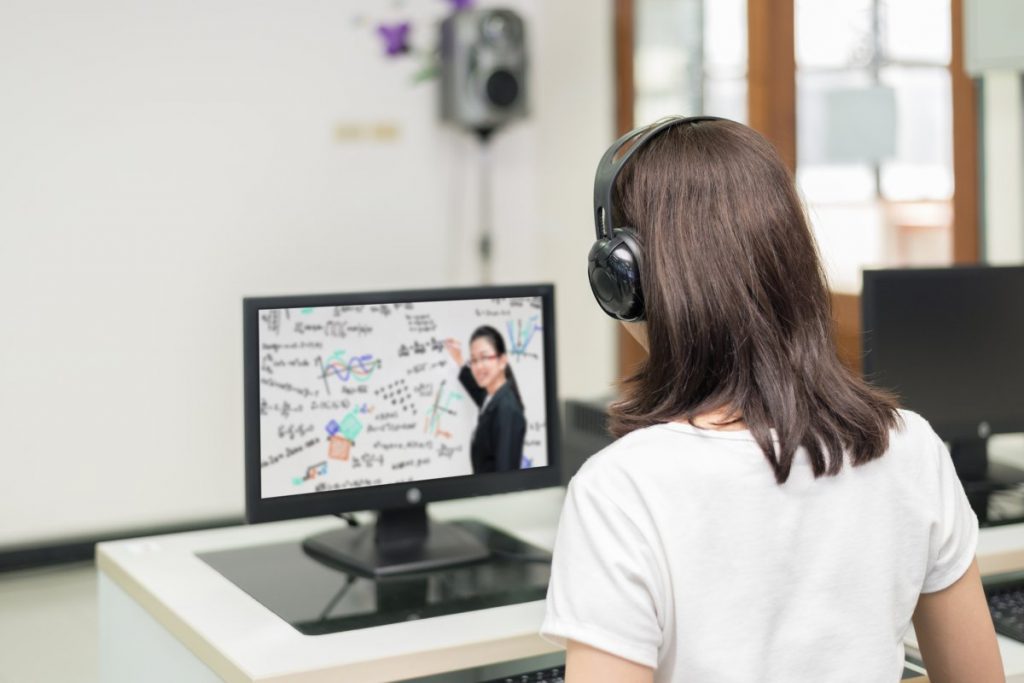
In the following lines, we will have a look at six such social skills, which are important for the future pre and primary educators to learn. They can put this knowledge to good use in the future and cater to the development of the teaching-learning procedure in a holistic manner.
1. Expression
It is very important for a child to understand the expression of emotions and the best place to learn this is the pre and primary classes, where they get acquainted with the outside world vividly. The influence of a pre and primary educator, who is well aware of these skills, can be significant on the children in terms of the upgrading of their knowledge and experience. This is why it is important for a future pre and primary educator to learn the skill of expressing emotions when he/she is a student of an online pre and primary teacher training course in order to educate the children about the nuances of social involvement and recognition.
2. Communication
There are various ways of communication in a society and it is important for the pre and primary educator to learn about them. This helps them to teach and inculcate these ways of communication to the children in a better way, which is very important for the development of the children under their tutelage. It goes without saying that communication is one of the most important social skills and it is a dire necessity for the future pre and primary teacher to learn about them so that they can put them into proper use when they start teaching.
3. Listening
It is important for a good speaker to be a good listener first. A learner, who is looking to be an educator in the future, needs to inculcate this virtue into him/her so as to ensure that he/she can teach the same to the children. This is a very important social skill which helps in the development of patience in a student and enables him/her to concentrate more while studying and capture the intricacies of the course curriculum. This makes it very important for the future educator to learn the skill of listening and apply it well to make the overall learning process more impactful.
4. Working with the peers
Working as a group or collaborating with the peers is another useful social skill for a pre and primary educator. This helps him/her to understand the value of teamwork, which he/she can inculcate in the students while educating them. This social skill not only helps the future educators to become more incisive about the study process but also creates an in-class atmosphere for the development of the overall teaching-learning procedure.
5. Compassion
It is very important for an educator to be compassionate towards his/her students, especially one who is involved in pertaining knowledge to the children. Children studying at the pre and primary stage tend to get emotionally disturbed in case of any activity which is not dealt with care and compassion. This creates an awkward situation for the educator, which might put an adverse impact on both the teacher and the students. This also helps in conflict management.
6. Non-verbal skills
Learning the non-verbal skills is very important for the students of an online pre and primary teacher training course, which they can implement in the future when they start their career as educators. The children should also learn the ideology of non-verbal skills and it is possible only if the educator is well acquainted with the intricacies of the non-verbal skills before they indulge into pre and primary teaching.
An online pre and primary teacher training course is a comprehensive course that deals with the education of the future educators who are responsible for the development of children into the leaders of the future. So it is very important that the educators are well aware of the various social skills which help in their upgrading as well as that of the overall teaching-learning procedure, thus catering to the development of their students from a very early age. Share
